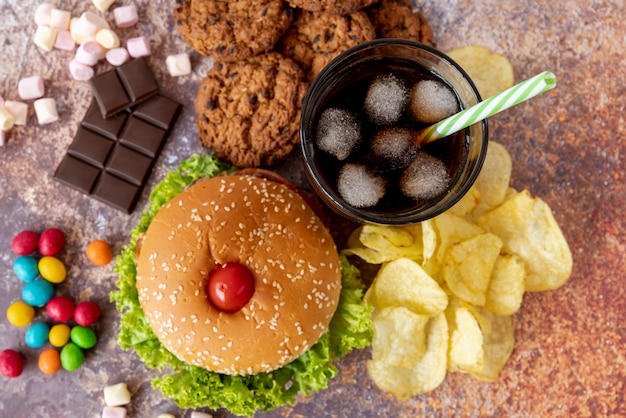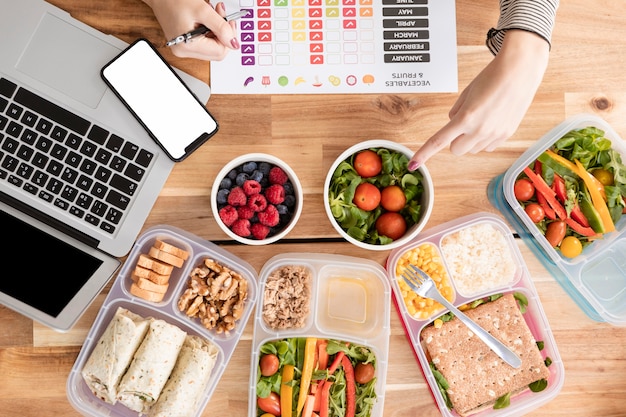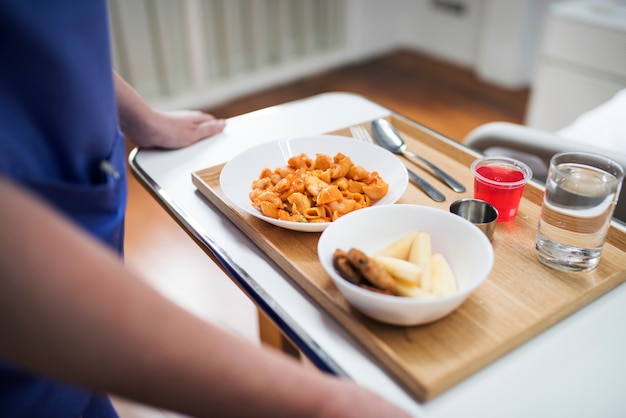Eating healthier is one of the most common wellness goals—but also one of the most misunderstood. Many people believe that eating well means strict diets, cutting out entire food groups, or spending hours in the kitchen. In reality, small, consistent mistakes are often what sabotage progress. This guide reveals 35 of the most common pitfalls that quietly undermine healthy eating—and gives you actionable, science-backed steps to correct them, with clear progress checks to keep you on track.
Many think skipping breakfast helps reduce calories, but it often leads to overeating later. A balanced breakfast stabilizes blood sugar and boosts focus.
Action Step: Include protein, fiber, and healthy fats (e.g., eggs, oatmeal, avocado).
Progress Check: Track energy levels and mid-morning cravings for one week.
Dehydration can mimic hunger, leading to unnecessary snacking.
Action Step: Aim for 8–10 glasses daily. Start with a glass upon waking.
Progress Check: Monitor urine color—pale yellow indicates proper hydration.
It takes about 20 minutes for your brain to register fullness. Eating quickly leads to overeating.
Action Step: Chew each bite 20–30 times. Put your fork down between bites.
Progress Check: Time one meal—aim for at least 20 minutes.
Labels like 'low-fat' or 'gluten-free' don’t mean healthy. Many are high in sugar and additives.
Action Step: Read ingredient lists. If you can’t pronounce it, reconsider.
Progress Check: Audit your pantry—replace 3 processed items with whole-food alternatives.
Even healthy foods can lead to weight gain if eaten in excess.
Action Step: Use measuring cups or a food scale for one week.
Progress Check: Compare your portions to recommended serving sizes.
Without a plan, you’re more likely to make impulsive, unhealthy choices.
Action Step: Dedicate 30 minutes weekly to meal prep and grocery planning.
Progress Check: Track how many meals you eat out versus at home.
Stress, boredom, or sadness often trigger mindless eating.
Action Step: Pause before eating. Ask: 'Am I truly hungry?'
Progress Check: Keep a food-mood journal for 5 days.
Protein increases satiety and supports muscle repair.
Action Step: Include a protein source in every meal (e.g., beans, chicken, tofu).
Progress Check: Review one day’s meals—did each include protein?
Late-night eating can disrupt sleep and metabolism.
Action Step: Finish eating 2–3 hours before bedtime.
Progress Check: Log your last meal/snack time for a week.
Fiber supports digestion, heart health, and fullness.
Action Step: Eat more vegetables, fruits, legumes, and whole grains.
Progress Check: Aim for 25–30g of fiber daily—track intake for 3 days.
While we’ve covered 10 key mistakes, the full list of 35 includes overlooked issues like inadequate sleep affecting hunger hormones, over-restricting calories, misjudging 'healthy' restaurant meals, and not adjusting eating habits with age or activity level.
The key to lasting change isn’t perfection—it’s awareness and consistency. Pick 2–3 mistakes to address each week. Use the progress checks to measure improvement, not just weight.
Remember: Eating healthier is a skill, not a punishment. With the right strategies, it becomes a sustainable, enjoyable part of your life.

Start today. Small shifts lead to big results.

Health

Health

Health

Health

Health

Health

Health

Health

Wellness

Wellness

Wellness

Health

Health

Fitness

Health

Health